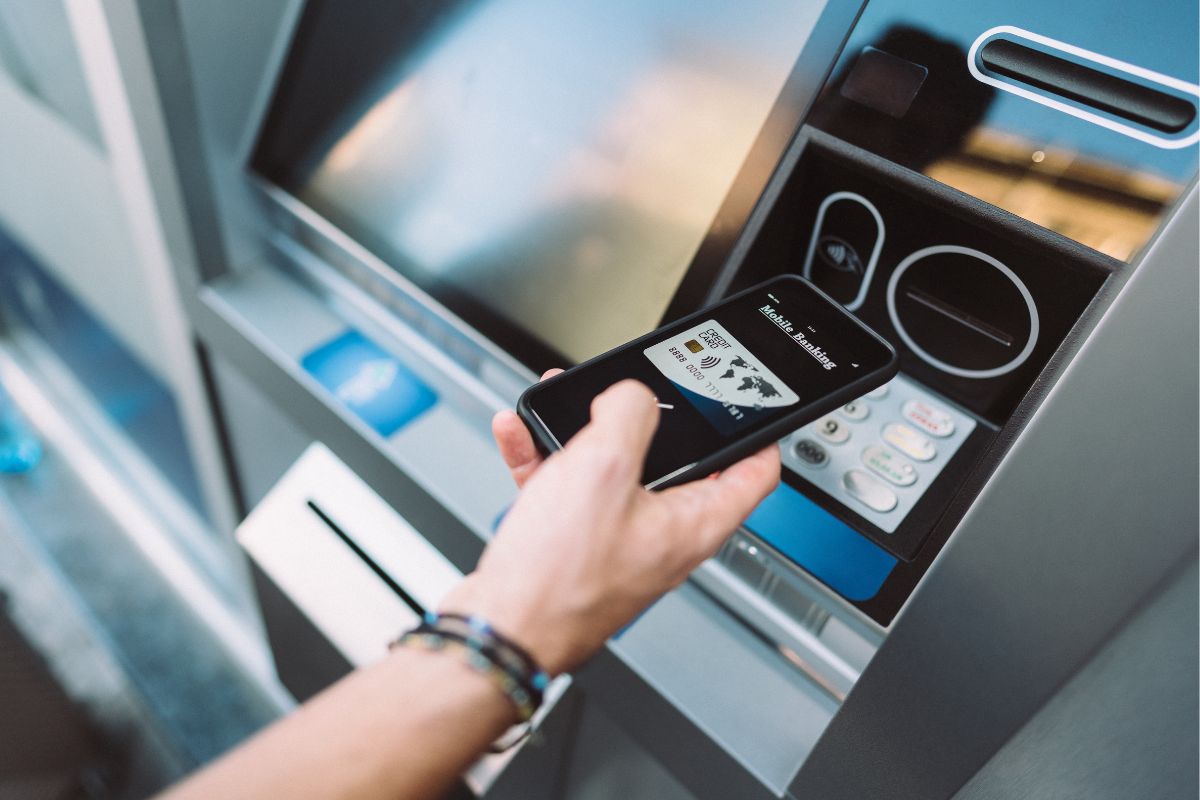:quality(80)/business-review.eu/wp-content/uploads/2024/04/Offline-vs.-Online-Wallet-Apps.jpg)
In the ever-expanding universe of cryptocurrency, securing and managing digital assets has become a paramount concern for investors and users alike.
With an array of wallet options available, choosing between an offline (cold storage) and online (hot storage) wallet can be a daunting decision.
This comprehensive guide will explore the differences between offline and online wallet apps, helping you find the ideal balance for your needs based on security, convenience, and accessibility.
A digital currency wallet app serves as a personal interface to the cryptocurrency network, similar to how your banking app serves as an access point to your bank account.
Online wallet apps, or hot wallets, are connected to the internet and provide a fast and convenient way to complete transactions and trade digital currencies.
Conversely, offline wallets, or cold wallets, offer enhanced security by storing your digital assets in a way that is not connected to the internet, safeguarding them from online threats such as hackers and malware.
Comprehensive Overview Of Offline Wallet Apps
Defining An Offline Wallet
Offline wallet apps, often referred to as cold storage wallets, are designed to offer the utmost security for managing your digital assets.

By storing your cryptocurrency offline, these wallets remain completely isolated from the internet, thereby shielding them from any online vulnerabilities and potential security threats.
Common types of offline wallets include hardware wallets, which can be USB devices or other specially designed hardware that store cryptocurrency keys securely, and paper wallets, which involve printing out your private and public keys on paper for physical storage.
Advantages Of Offline Wallets
The paramount advantage of offline wallets lies in their security. The lack of internet connectivity means these storage solutions are virtually impervious to online hacking attempts, phishing schemes, and other digital fraud tactics commonly faced by online wallets.
This high level of security makes offline wallets particularly suited for safeguarding large volumes of cryptocurrency or storing digital assets over extended periods.
Investors who do not need regular access to their crypto assets find offline wallets ideal for their long-term security benefits, as these wallets provide a fortified barrier against the myriad of cyber threats prevalent in the digital landscape.
Limitations Of Offline Wallets
However, the enhanced security offered by offline wallets comes with certain trade-offs, primarily relating to convenience. Unlike their online counterparts, offline wallets require physical handling every time you wish to execute transactions.
For instance, if you use a hardware wallet, you must connect it to a computer or another device capable of facilitating the transaction process.
This requirement can be somewhat cumbersome for users who engage in frequent trading or those who need quick and easy access to their funds.
Moreover, the initial setup and ongoing maintenance of an offline wallet demand a more substantial technical understanding.
Users must be comfortable with the steps involved in setting up, securing, and recovering their wallet, as these processes are often more complex than those associated with simple online wallet applications.
Navigating The Trade-offs
While offline wallets provide unmatched security, users must consider their specific needs and trading habits when choosing between an offline and online wallet.
Those who prioritize security over convenience, or who do not require frequent access to their digital funds, will likely find the security features of offline wallets to be a significant benefit.
Conversely, active traders or those new to cryptocurrencies might find the technical demands and transactional limitations of offline wallets a barrier to their trading activities.

Finding The Right Balance Between Offline And Online Wallets
Tailoring Solutions To Individual Needs
The decision between using an offline or online wallet largely hinges on your specific requirements, preferences, and the nature of your activities within the cryptocurrency realm.
For those who prioritize maximum security and do not require frequent access to their funds, offline wallets are undoubtedly the superior option.
These wallets, detached from the internet, provide a fortress-like security, making them ideal for storing large amounts or long-term holdings of digital currencies away from the prying eyes of cybercriminals.
On the other hand, if your cryptocurrency dealings are characterized by frequent trading and the need for quick response to market fluctuations, an online wallet offers the necessary agility and speed.
Online wallets, with their real-time connectivity, facilitate immediate transactions, which is a crucial feature for active traders who need to capitalize on rapid price movements and trading opportunities as they arise.
Adopting A Hybrid Approach For Optimal Flexibility
For many in the crypto community, especially those with substantial and diverse portfolios, employing a combination of both wallet types represents a strategic approach to manage their assets.
This hybrid method leverages the security benefits of offline wallets with the accessibility and convenience of online wallets. By storing the bulk of their assets in offline wallets, users can shield their significant holdings from online threats effectively.
Meanwhile, maintaining a smaller balance in an online wallet ensures that they have sufficient liquidity at their fingertips for day-to-day transactions and trades.
This balanced approach not only maximizes security by limiting the exposure of large funds to potential online vulnerabilities but also maintains enough capital in the more accessible online environment to participate actively in the market.
By using both types of wallets, users can enjoy the peace of mind that comes with knowing their larger investments are secure while also taking advantage of the trading opportunities that require fast access to funds.
Conclusion: Striking The Optimal Security-Convenience Balance
In conclusion, both offline and online wallet apps have their places in the management of digital currencies.
By understanding the distinct advantages and limitations of each, you can make informed decisions that align with your personal investment strategy and usage patterns.
Whether you choose one type of wallet or decide to use both concurrently, the key is to prioritize your security and operational needs.
As the digital currency landscape continues to evolve, staying informed and adaptable will help you navigate its complexities successfully while keeping your digital assets secure and accessible.



:quality(80)/business-review.eu/wp-content/uploads/2024/07/VGP-Park-Timisoara_-8thbuilding_iulie-24.jpg)



:quality(80)/business-review.eu/wp-content/uploads/2024/06/22C0420_006.jpg)

:quality(80)/business-review.eu/wp-content/uploads/2024/06/COVER-1-4.jpg)



:quality(80)/business-review.eu/wp-content/uploads/2024/06/br-june-2.jpg)
:quality(50)/business-review.eu/wp-content/uploads/2024/07/America-House-Offices-Bucharest-Fortim-Trusted-Advisors.jpg)
:quality(50)/business-review.eu/wp-content/uploads/2024/07/BeFunky-collage-33-scaled.jpg)
:quality(50)/business-review.eu/wp-content/uploads/2024/07/BeFunky-collage-32-scaled.jpg)